
Monday, 17 July 2017
Applying floor finish is a very simple task when you know how to do it properly. Its final quality can be greatly impacted by the environment in which it is applied. Several problems may emerge during the finishing work. Before blaming the finish, read this article to learn what are the most common problems, how to recognize them and, especially, how to adequately resolve them.
Problems
- Applicator streaks are visible
After the floor dries completely, marks from the path of the applicator are still visible on the surface. This problem can be caused by plenty of different problems: the applicator was in poor condition while applying the product, the applied finish coat is too thin or an excessive air circulation caused the finish to dry too quickly.
- Orange peel texture
The finish applied to the wood floor has a texture that resembles an orange peel. This can be caused by an insufficient quantity of finish applied on the surface, a finish or a substrate that was too cold before the application or the excessive use of an applicator.
- Bubbles
The dried bubbles that are visible on the surface of the finish can be caused by the application of an insufficient quantity of finish, by soap or other contaminants that were not removed before cleaning or by applying the finish coat on a floor that was too cold.
- Uneven sheen luster
Whatever sheen luster you want to give your floor, it is important to make sure you properly mix your finish before applying it, to evenly sand the surface and to apply the same quantity of finish everywhere. Otherwise, its sheen may be uneven.
- Wood grain is rough and/or rises
The floor’s wood grain texture is rough or is rising. Several potential causes: Inadequate sanding prior to coating, insufficient drying time between the coats or insufficient quantity of finish on the surface.
- Visible fish eyes on the surface
Circular, cloudy hazes with a clear center are visible on the surface of the finish. They are called fish eyes. They can measure up to one inch in diameter. What to look out for: contamination of the floor or finish with soap or other contaminants or inadequate stirring and mixing causing a non-homogeneous finish.
Solution
To address these problems, wait for the finish to be completely dry, remove all the imperfections by sanding the surface and apply one or two additional finish layers. At all time, you can call our expert team; they will be pleased to answer all your questions.
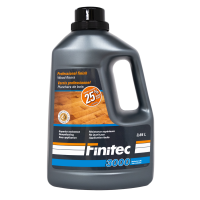 Finitec 3000
Finitec 3000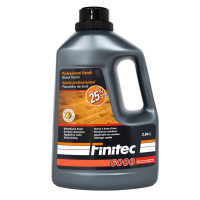 Finitec 6000
Finitec 6000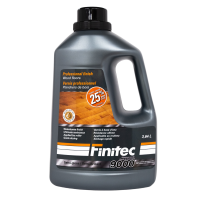 Finitec 9000
Finitec 9000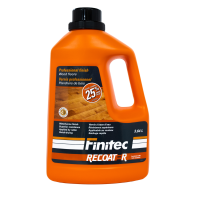 Finitec Recoater
Finitec Recoater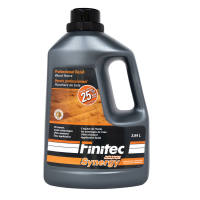 Finitec Synergy
Finitec Synergy Microban antimicrobial finish
Microban antimicrobial finish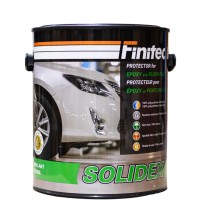 Solidex
Solidex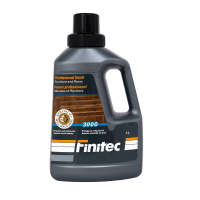 Finitec 3000
Finitec 3000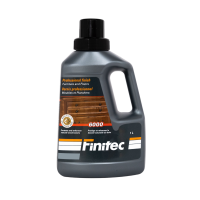 Finitec 6000
Finitec 6000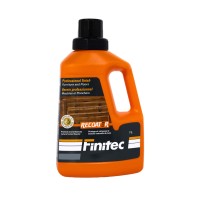 Finitec Recoater
Finitec Recoater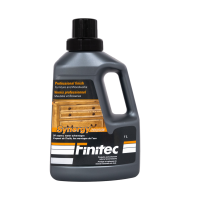 Finitec Synergy
Finitec Synergy Microban antimicrobial finish
Microban antimicrobial finish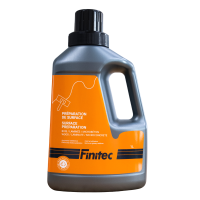 Surface Preparation
Surface Preparation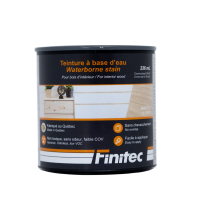 Water based stain
Water based stain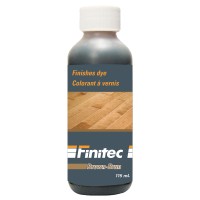 Woodfloor Finish Dye
Woodfloor Finish Dye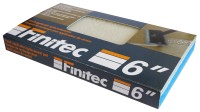 Applicator refills
Applicator refills Finish applicator
Finish applicator Finitec Sanding Machine
Finitec Sanding Machine Complete care system for wood and laminate floors
Complete care system for wood and laminate floors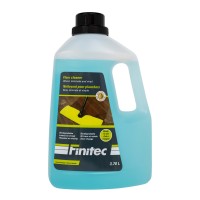 Laminate wood floral breeze floor cleaner 3.78L
Laminate wood floral breeze floor cleaner 3.78L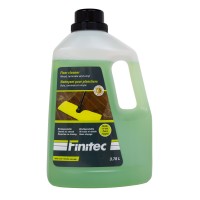 Laminate wood mint floor cleaner 3.78L
Laminate wood mint floor cleaner 3.78L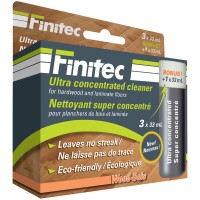 Ultra concentrated cleaner for wood and laminate floor maintenance
Ultra concentrated cleaner for wood and laminate floor maintenance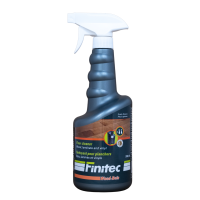 Wood and laminate floor cleaner
Wood and laminate floor cleaner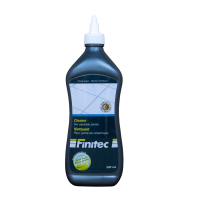 Ceramic joints cleaner
Ceramic joints cleaner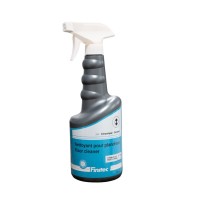 Cleaner for ceramic floors
Cleaner for ceramic floors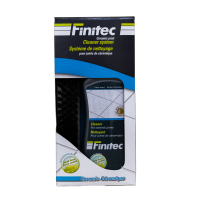 Complete care system for ceramic joints
Complete care system for ceramic joints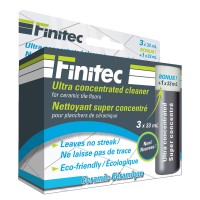 Ultra concentrated cleaner for ceramic floors
Ultra concentrated cleaner for ceramic floors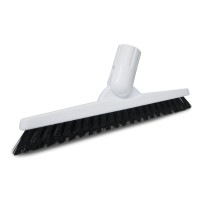 Ceramic joints cleaning brush
Ceramic joints cleaning brush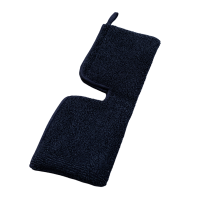 Reversible replacement mop cover
Reversible replacement mop cover Velcro replacement mop cover
Velcro replacement mop cover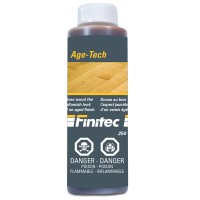 Age-Tech
Age-Tech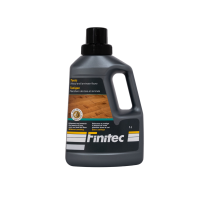 Tonic for wood and laminate floors
Tonic for wood and laminate floors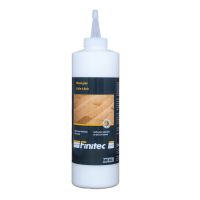 Wood glue
Wood glue DESIGN Paint
DESIGN Paint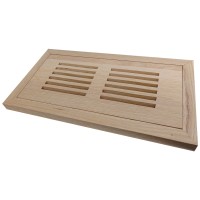 Flush mount
Flush mount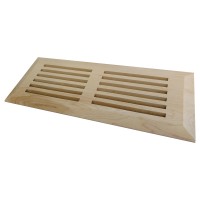 Top mount
Top mount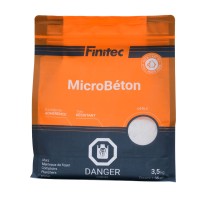 MicroConcrete
MicroConcrete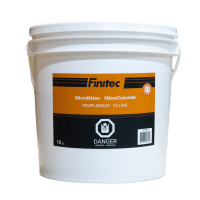 MicroConcrete filling
MicroConcrete filling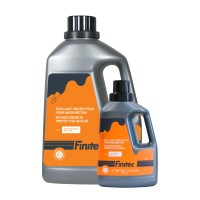 Protective sealer
Protective sealer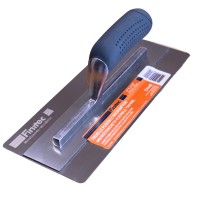 MicroConcrete Flexible Trowel
MicroConcrete Flexible Trowel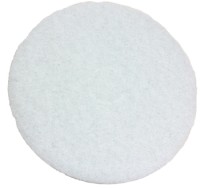 17 in Pad_thick
17 in Pad_thick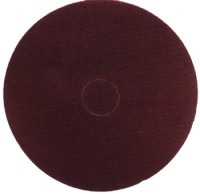 17 in Pad_thin
17 in Pad_thin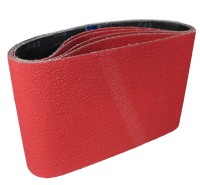 Ceramic abrasive belt
Ceramic abrasive belt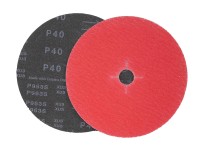 Ceramic edger disc
Ceramic edger disc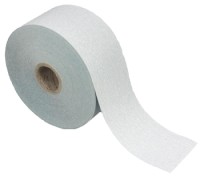 PSA adhesive roll
PSA adhesive roll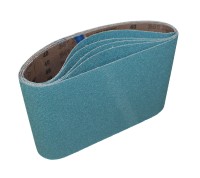 Zirconium abrasive belt
Zirconium abrasive belt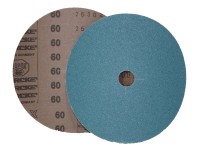 Zirconium edger disc
Zirconium edger disc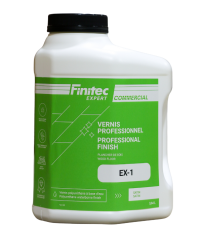 EX-1
EX-1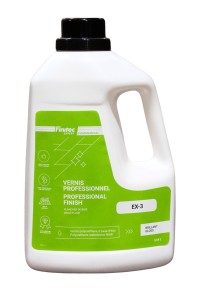 EX-3
EX-3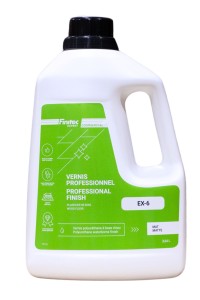 EX-6
EX-6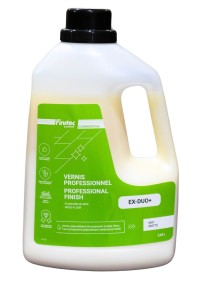 EX-DUO+
EX-DUO+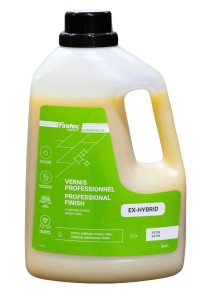 EX-HYBRID
EX-HYBRID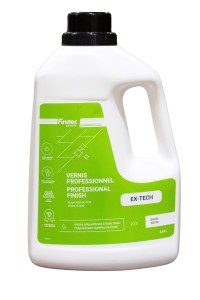 EX-TECH
EX-TECH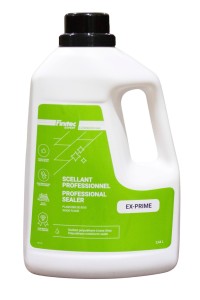 EX-PRIME
EX-PRIME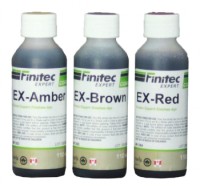 Finish dye
Finish dye Finish applicator
Finish applicator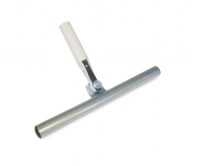 Finish applicator (T-bar)
Finish applicator (T-bar)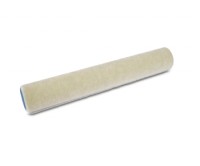 Replacement finish applicator (T-bar)
Replacement finish applicator (T-bar)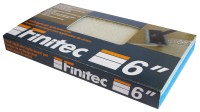 Replacement pad finish applicator
Replacement pad finish applicator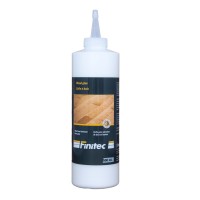 Wood glue
Wood glue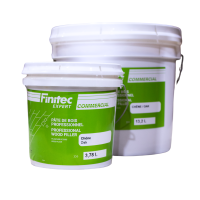 Wood patch
Wood patch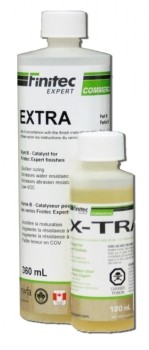 EXTRA+
EXTRA+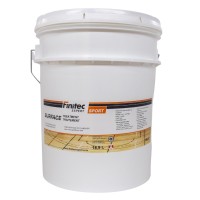 SURFACE Treatment
SURFACE Treatment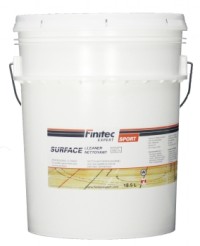 SURFACE Care
SURFACE Care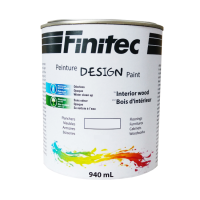 DESIGN paint / SURFACE Color
DESIGN paint / SURFACE Color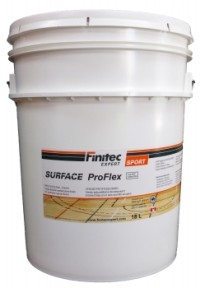 PROFLEX SURFACE sealer
PROFLEX SURFACE sealer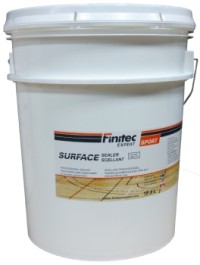 SURFACE Sealer
SURFACE Sealer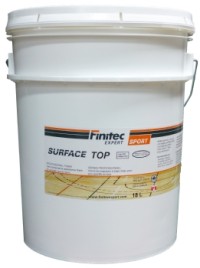 TOP SURFACE finish
TOP SURFACE finish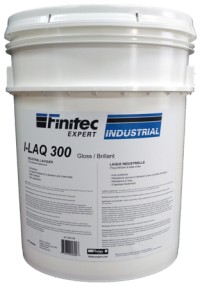 Industrial lacquer
Industrial lacquer